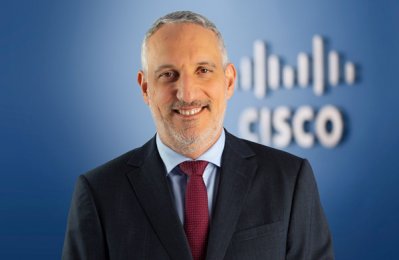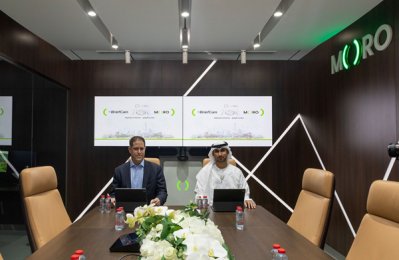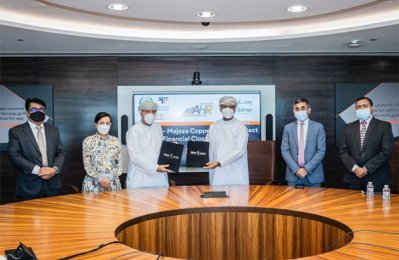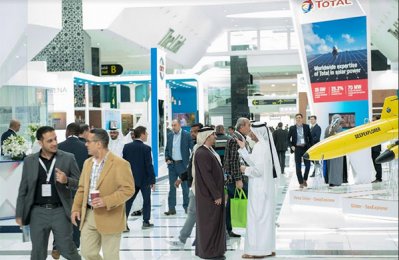New Cisco study reveals which security practices actually work
Maintaining an up-to-date and integrated architecture, investing in threat detection and enabling timely threat response and recovery, most impact an organisation’s security programme, says a Cisco study.
More Stories
Maintaining an up-to-date and integrated architecture, investing in threat detection and enabling timely threat response and recovery, most impact an organisation’s security programme, says a Cisco study.
Those in the bottom 20% of security programmes can move to the top 20% if they also recognise and invest in well-integrated security technologies and invest in accurate threat detection capabilities, Cisco says in its latest cybersecurity report, Security Outcomes Study Volume 2.
The study surveyed more than 5,100 security and privacy professionals across 27 countries, including Saudi Arabia, to determine the most impactful measures teams can take to defend their organisations against the evolving threat landscape.
In Saudi Arabia, the area of excellence identified by the greatest number of security and privacy professionals (55%) is managing top risks.
In Saudi Arabia, 80% of security and privacy professionals stated that they are planning to expand their cloud-based security technology.
Investing in a proactive technology refresh strategy is more critical than ever, as on average 39% of security technologies used by organisations globally are considered outdated. In Saudi Arabia, respondents reveal themselves to be below the global average, reporting that 31% of their IT infrastructure is out of date.
Unsurprisingly, organisations with cloud-based architectures are more than twice as likely to refresh than those with more outdated, on-premises technologies.
70% of respondents from Saudi Arabia report they have a strong Proactive Tech Refresh strategy to stay up-to-date with the best available IT and security technologies.
Organisations with integrated technologies are seven times more likely to achieve high levels of process automation. Additionally, these organisations boast more than 40% stronger threat detection capabilities.
In Saudi Arabia, 45.4% excel at retaining security talent. More than 75% of security operations programmes globally, that do not have strong staffing resources are still able to achieve robust capabilities through high levels of automation. Automation more than doubles the performance of less experienced staff, supporting organisations through skills and labour shortages.
The value of cloud-based security architectures cannot be understated. Organisations that claim to have mature implementations of Zero Trust or Secure Access Service Edge (SASE) architectures are 35% more likely to report strong security operations than those with nascent implementations.
Organisations that leverage threat intelligence achieve faster mean time to repair (MTTR), with rates 50% lower than those of non-intel users.
In Saudi Arabia, 54.6% of security and privacy professionals stated that they are able to manage top risks.
49% of security and privacy professionals in the kingdom stated that they are able to avoid major incidents.
As the threat landscape continues to evolve, testing business continuity and disaster recovery capabilities regularly and in multiple ways is more critical than ever, with proactive organisations 2.5 times more likely to maintain business resiliency.
“We recognise that today’s compliance requirements, skills shortages, a hybrid workforce and a threat-filled landscape are all making security increasingly complex. The global and local data behind Cisco’s Security Outcome Study means that identifying the most effective security practices is no longer guesswork,” said Fady Younes, Cybersecurity Director at Cisco Middle East and Africa.
“Cisco continues to work with companies here in Saudi Arabia and around the world to uphold the best practices identified and as such, will continue to support security professionals in the adoption of cloud-based security solutions and threat intelligence, based on our open and integrated platform SecureX.”-- TradeArabia News Service
Projects
















